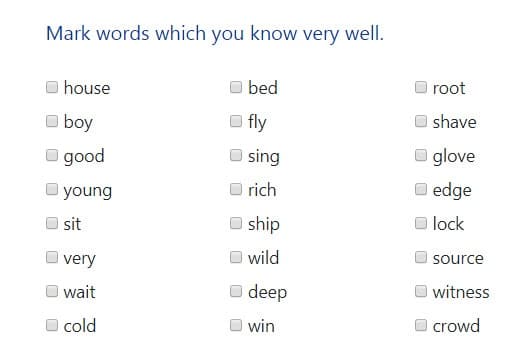People get bad blood – level 2
08-05-2024 15:00
In the 1970s and 80s, thousands of people in the UK got bad blood. These patients suffered from hemophilia, a genetic disease which affects the body’s ability to stop bleeding.
The blood, which the patients got, came from the US. But the problem was that some of it came from drug users and prisoners, and it was contaminated with hepatitis C and HIV. As a result, 3,000 patients died, and the incident became one of the biggest scandals in Britain. For decades, people called on the government to take responsibility for what happened, and finally, in 2017, prime minister Theresa May called for an inquiry.
Last week, the inquiry decided that the families of victims would receive 125,000 dollars as the first payment before the final settlement.
Difficult words: contaminate (to make something impure by adding a dangerous substance), scandal (an action or event which makes many people angry), inquiry (an official investigation), settlement (an official agreement which solves a problem).
You can watch the original video in the Level 3 section.
What impact did the contaminated blood scandal have on the families of victims and how has the government responded to this issue?
LEARN 3000 WORDS with NEWS IN LEVELS
News in Levels is designed to teach you 3000 words in English. Please follow the instructions
below.
How to improve your English with News in Levels:

Test
- Do the test at Test Languages.
- Go to your level. Go to Level 1 if you know 1-1000 words. Go to Level 2 if you know 1000-2000 words. Go to Level 3 if you know 2000-3000 words.

Reading
- Read two news articles every day.
- Read the news articles from the day before and check if you remember all new words.

Listening
- Listen to the news from today and read the text at the same time.
- Listen to the news from today without reading the text.

Writing
- Answer the question under today’s news and write the answer in the comments.

Speaking
- Choose one person from the Skype section.
- Talk with this person. You can answer questions from Speak in Levels.
Stock images by Depositphotos


